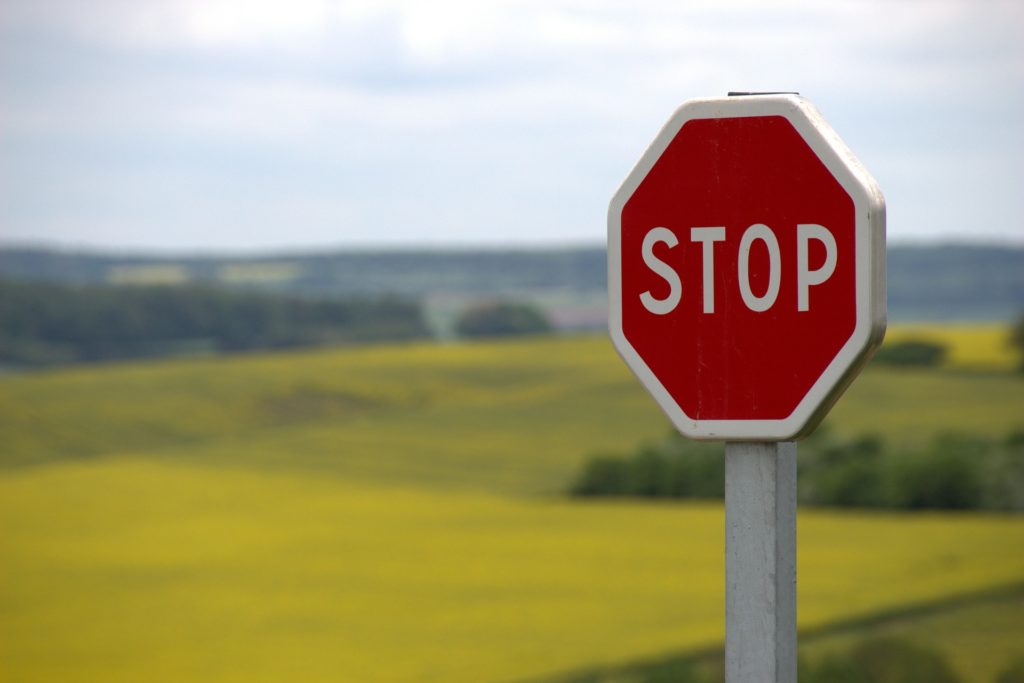The U.S. Centers for Medicare & Medicaid Services (CMS) announced Wednesday that nursing home staff must be vaccinated against COVID-19. In the wake of that news, senior care experts and post-acute care operators are considering trickle-down effects the mandate could have on other settings, including home health care.
As a condition of participation, all nursing homes reimbursed by Medicare and Medicaid will have to comply with Wednesday’s emergency regulation in order to continue receiving federal funding. In total, more than 15,000 nursing homes participate in the Medicare and Medicaid programs.
“Given the heavy reliance of nursing homes on those payers, we can basically think of this as a mandate,” David Grabowski, a professor of health care policy at Harvard Medical School, told Home Health Care News. “There are very few nursing homes in the country that could afford to take a big payment hit on the Medicare and Medicaid residents in their facilities.”
Prior to the CMS announcement, states largely had autonomy when it came to implementing vaccination mandates. For instance, recently resigned New York Gov. Andrew Cuomo required all state health care workers to be vaccinated against the COVID-19 virus by Sept. 27.
As of Aug. 8, roughly 62% of nursing home staff were vaccinated. Across U.S. nursing homes, rates have ranged from as high as 88% to as low as 44%.
As of yet, nursing homes still don’t know the specifics of the new conditions of participation regarding vaccinations.
“Does this mean 100% vaccinated?” Grabowski said. “Does it mean 75% vaccinated? Is it a big payment withhold or does it look more like a slap on the wrist? … It’ll be really important to flesh out what the actual rule looks like, but I will say it’s going to be a big deal for nursing homes.”
This clarification is slated to arrive in September, according to CMS.
So far, CMS has not mentioned plans to implement a similar requirement for any other health care setting serving seniors. Even so, some home health insiders believe that providers should be on the lookout.
“We don’t know whether this is where CMS stops in terms of using its power of the purse relative to mandating vaccinations,” Bill Dombi, president of the National Association for Home Care & Hospice (NAHC), told HHCN. “All provider sectors are probably on alert that CMS will be looking in their direction — meaning home health and hospice as well.”
Aside from the possibility that home health could be next, potential disruptions to the referral-source relationships between providers and nursing homes is top of mind.
Dombi noted that nursing home referrals often come by way of staff from home health and hospice going into these facilities.
“It is possible that CMS could draft the standard in a way that affects all those individuals coming from home health and hospice into the facilities to assess patients, thereby requiring those individuals to be subject to an immunization requirement as well,” he said.
Depending on CMS requirements, nursing home patients might also feel the impact of the rule, Dr. Bob Parker, chief clinical and compliance officer at Intrepid USA, told HHCN.
“There’s a reason that home health goes into nursing homes. … The skillset of staff isn’t the same,” Parker said. “It’s going to be problematic for the patients.”
Dallas-based Intrepid USA has 75 local care centers across 17 states. The company provides home health, hospice and personal care services.
Workforce shifts may also result from the new nursing home rules.
“We likely could see a shift in nursing home staff leaving in order to get jobs at a home health organization because we are not mandated to have the vaccine right now,” Parker said.
Still, an influx of former nursing home staff coming into the home health space is likely to be a short-term gain.
“I think the good news is you may get a lot of workers in the short-term,” Grabowski said. “The bad news is that these would be the workers who are refusing to be vaccinated. [These workers] could put home health recipients at risk. In an ideal world, you’d be getting high rates of vaccination among all health care workers.”
Looking ahead, Parker believes that home health providers need to take a proactive role in vaccination mandates.
“This may not be a very popular statement,” he said. “We’re waiting for the government to say ‘go.’ Is that the right thing to do? Should we take the high road and enforce it on ourselves and be in agreement as an industry? But we’re all afraid of the same things. If we do that, we know we will lose staff.”
Companies featured in this article:
Harvard Medical School, Intrepid USA, The National Association for Home Care & Hospice




